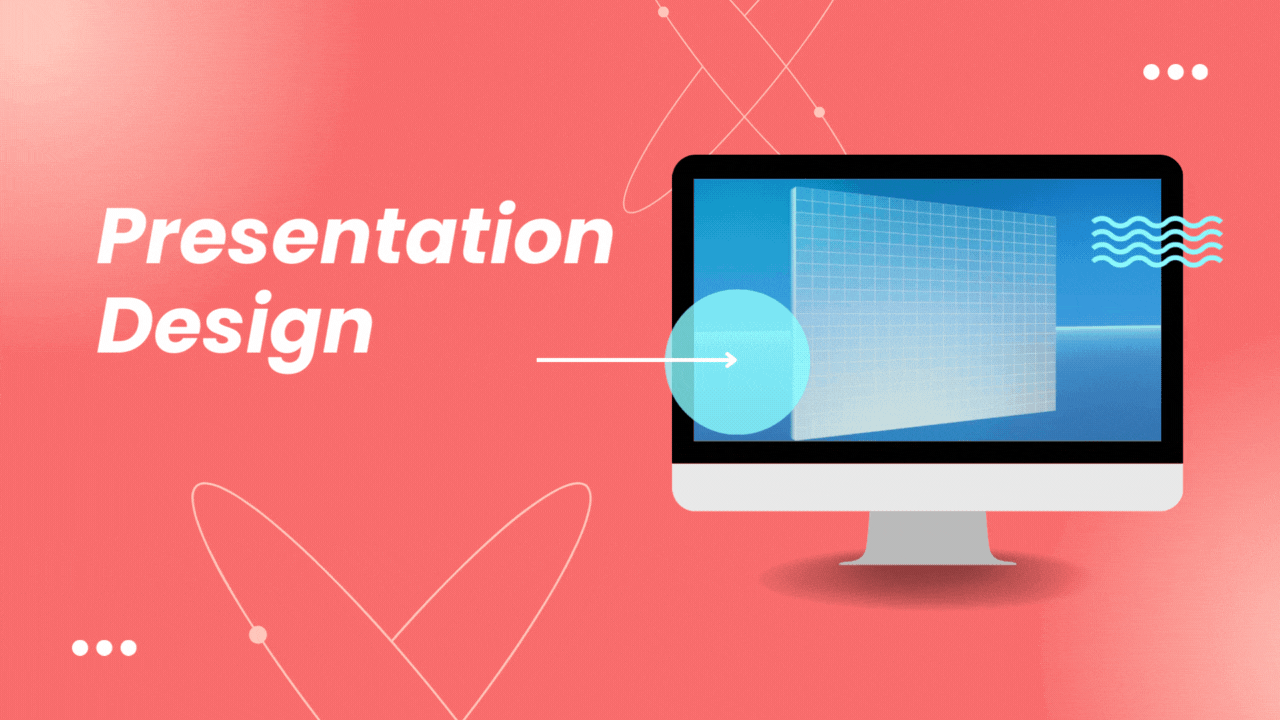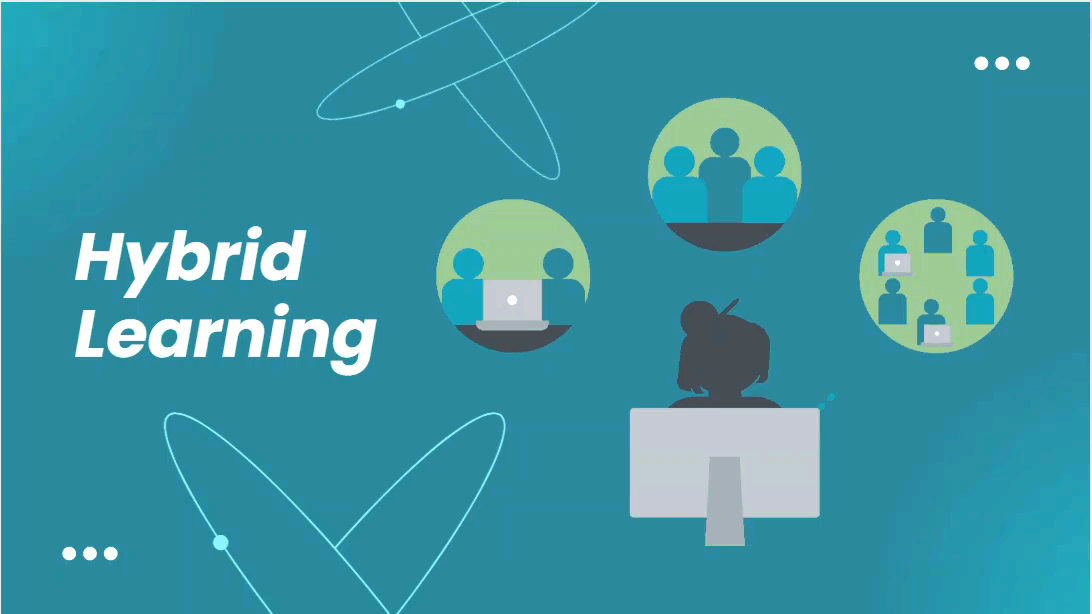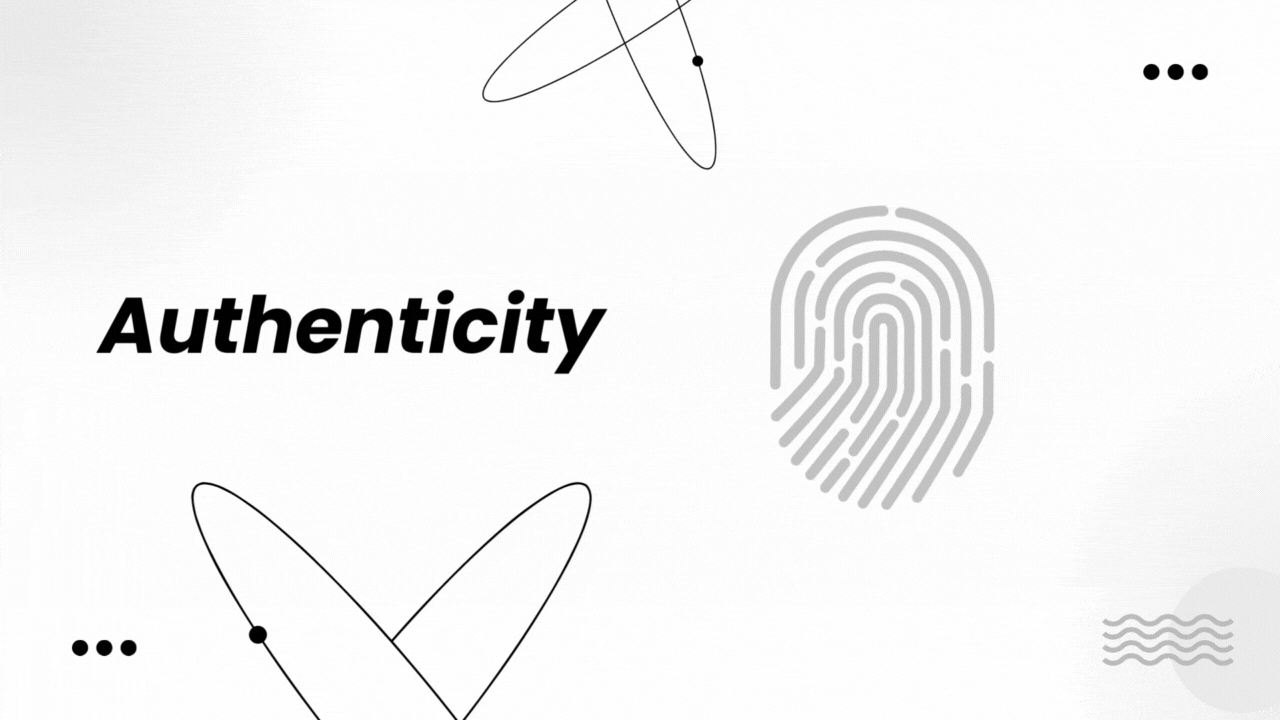
Take a walk back in history with me, to a time before everyone and everything was “connected;” we’re talking back in the age of beepers and payphones.
It was the late 1900s. A time when a student’s report card was the primary method used to check a student’s progress. It was a time when a concerned teacher might leave a voicemail on the answering machine. It was a time when physical documents – progress reports or failing assignments – were sent home to be signed by the student’s parents. It was a time when educational accountability was present, but my father wasn’t.
I grew up in a single-parent household. My father drove a dump truck for a living so in the warm months, he worked from sunup to sundown. When he got done with work, he went to the bar and drank his worries – and his money – away. My father tried his best, but the demons consumed him. And that meant that the last thing he wanted to hear about was my schoolwork. He assumed I was moving on to the next grade each year so I must be doing fine…but I wasn’t fine. Each year of high school, my grades and academic attitude got worse. I never showed my dad a report card, deleted messages from the school, and signed his name on my progress reports. If Dad didn’t care, why should I?
It’s also hard to learn on an empty stomach. Money was scarce, so I would sometimes walk to the church to get donations from the church food pantry. The hunger extended to lunch. I could have been on the free lunch program, but I was too embarrassed to be seen as “poor,” so I started skipping lunch. Instead, I went to the library.
The library had two things that had a major impact on my future. The first being cookbooks and the other being student computers. I used the cookbooks to teach myself how to cook so I didn’t go hungry. When Dad got his paycheck, I would have him take me to the grocery store, and I would do the shopping. Now I had lunch and the library!
Eventually, I found that I liked online research just as much as cooking. I learned how to use different search engines, practiced typing, and learned how to take boring school reports and turn them into something more visually appealing – even if it just meant adding clip art, like Screen Beans. I also signed up for an email account and joined chat rooms about cooking. I felt like I could actually be me in those chat rooms. A girl genuinely curious about regional cuisines, cooking tips, etc., and I didn’t have to hide behind a curtain of shame or embarrassment.
I graduated high school and planned to go to culinary school to become a pastry chef, but I couldn’t afford it, so I signed up for community college. I used the savings bonds my grandparents had bought for me to pay for my first semester, and finally, I loved learning! I was on the Dean’s List and had my sights on an English degree with the goal of becoming a college professor. As the savings bonds ran out, I had to get a second job. I still excelled, but I was tired. After a while, it was too much, and I left school. A few months later, I joined the military. The military was a family tradition, so I was proud to serve, but I was also proud to have independence, stability, and money for an education.
I enrolled at the University of Maryland University College (UMUC) since they offered online courses to military overseas. This was my first experience with online learning, and it was not great. We used WebCT, and because this technology was still new, it was rarely used to its full potential, let alone to benefit student learning. The classroom chats were enabled but only to ask questions, not to engage in discussions. We still had physical textbooks, we took quizzes on the computer. Tests were proctored, so we had to go to the education center, and there were witnesses. It was rough.

That brings us back to today and how my crazy childhood and education experiences as a young adult impacted my views on learning and development. Here’s how my past shaped my present:



I excelled academically despite difficult circumstances and found solace in visually appealing presentations. Schoolwork became a creative sanctuary for me, which ignited my passion for presentation design and led to my career as an instructional designer and content developer. I perfected my design skills during my early training years by experimenting with animations, transitions, and visual elements, selecting appropriate colors, fonts, and graphics to convey messages that resonate with the audience.
My transition to eLearning allowed me to create immersive and interactive learning environments that captivate learners and optimize their retention of content. My goal is to create transformative learning experiences that leave a lasting impact on the audience.
Despite facing obstacles during my academic journey, I yearned for a more flexible and accessible approach to learning. This led me to explore hybrid learning, which combines online and in-person elements to offer flexibility without compromising quality. As an instructional designer and content developer, I understand the importance of personalized and adaptable learning experiences.
Hybrid learning caters to diverse needs and circumstances, providing equal opportunities for education and allowing learners to access educational resources and engage in meaningful interactions regardless of physical location or time constraints. I collaborate with educators, subject matter experts, and technology specialists to develop online courses and workshops that balance in-person and online components for a holistic learning experience.
I aim to create inclusive and supportive environments that empower individuals to pursue their educational goals, regardless of external limitations. By embracing hybrid learning, I design innovative approaches to overcome educational challenges and achieve success.
Coming from a single-parent household with limited resources, I learned firsthand the power of embracing one’s true self and the impact it can have on the learning journey. In an educational system that often values conformity and uniformity, I discovered the value of creating an inclusive and supportive environment where learners can feel safe to express their true identities and share their unique perspectives.
My own struggles and the barriers I encountered have instilled in me a strong belief in the transformative potential of authenticity. As an instructional designer and content developer, I am committed to fostering a transparent learning space where individuals are encouraged to share their stories, challenges, and triumphs, knowing that their voices are valued and respected. By cultivating an atmosphere of authenticity, I strive to create a learning experience that promotes deep engagement, personal growth, a sense of belonging and empowers learners to reach their fullest potential.
IDD and Me
The IDD program at UGA has been instrumental in refining my existing skills, expanding my knowledge, and establishing a solid foundation in instructional design. During the program, I had the opportunity to work with Articulate Storyline, a software I was familiar with but hadn’t used in a while. Developing courseware in Storyline not only reminded me of its benefits and capabilities, but also allowed me to apply real-world scenarios to my day job and persuade leadership to consider its implementation, pending approval from the 508 compliance team.
While I have experience working in various educational and career settings, the IDD program introduced me to a new perspective on teamwork and project collaboration within the instructional design space. As someone accustomed to being the sole instructional designer, it was refreshing to engage with like-minded and driven team members, exchanging ideas and insights. The program shed light on the diverse roles instructional designers can play and emphasized the significance of project management in the process. Although I initially took on the role of project manager, I soon recognized that my strengths and talents were better suited for design, development, and editing.
Conclusion
My journey from a challenging childhood to my present passion for instructional design has profoundly shaped my views on online learning. I am committed to creating visually appealing presentations, thoughtful hybrid course designs, and fostering authenticity in the online education field. Through the integration of technology and the design of inclusive learning experiences, I believe we can create transformative opportunities for learners and empower them to achieve their fullest potential. With the support of a diverse audience, I am confident in my ability to accomplish my future professional goals, all thanks to UGA’s Masters of Education in Instructional Design and Development.
